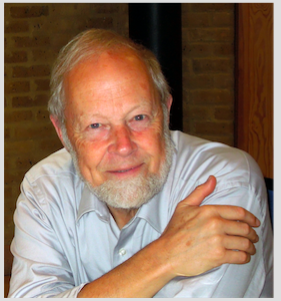Linguistics conference: Robert Ladd "Intonational Structure as a Cue to Prominence"

Robert Ladd, emeritus professor of the University of Edinburgh, will deliver a talk on Intonational Structure as a Cue to Prominence on the 4th October.
Abstract
The phonetic nature of stress or prominence is a perennial puzzle. Among the many points of disagreement are: (1) the relation between pitch cues and cues that are plausibly related to articulatory effort, such as duration and intensity; and (2) the phonetic basis of the intuition that some stresses are stronger than others. I suggest that these two problems are connected. Specifically: at the level of the individual syllable, stress is primarily a matter of articulatory effort, and is probably best regarded as categorically present or absent. The contribution of pitch is to cue the relative strength of stresses, which is reflected indirectly in the intonational structure of short phrases and utterances.
The idea that stress subordination involves an abstract prosodic structure is of course the founding insight of metrical phonology, but my more specific proposal is that the primary cue to relative prominence is the metrical structure of the intonation contour. This can be seen by comparing different languages which allow intonation patterns not found in well-studied Western European languages. Extended illustrations based on contrast and focus in Greek and Romanian questions show that – contrary to what is often assumed on the basis of English – there is no essential phonetic link between high pitch and prominence, and no inherent positional prominence in the last accent of a phrase. Rather, the basis of relative prominence is abstract metrical strength, and its primary phonetic manifestation is the association of tune and text.